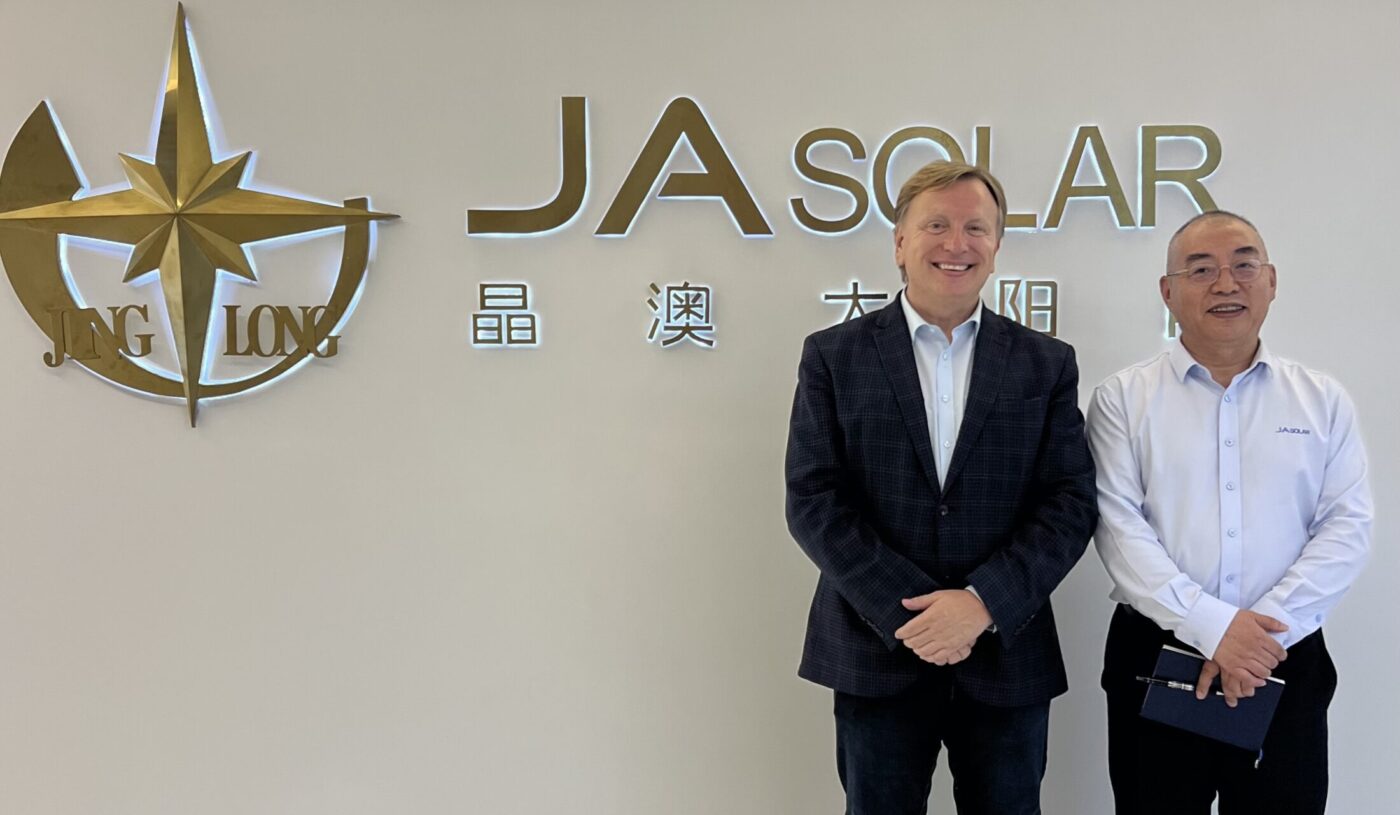The annual UN Desertification and Drought Day serves as a reminder of how deforestation, drought and overexploitation of land is transforming previously fertile and biodiverse areas into desert. This threatens the future of global food security and ecosystems around the world.
The risk of desertification and drought is something which all hotels can help reduce by focusing on the sustainable management of water, not just in their operations but also their local communities and wider supply chains.
A quarter of the world’s population face “extremely high” levels of water stress, which leaves them highly vulnerable.1
Water risks
In some locations, tourism uses over eight times more water per person on average than the local population.2 Even hotels located in regions with plenty of water could be having an impact if they are sourcing products or services from water-scarce locations.
As well as risks from water scarcity and droughts, flooding and polluted or unfit water can have severe impacts including political and economic instability, higher energy and food costs, increased inequality and hunger, as well as loss of important ecosystems.
Water stewardship
Water stewardship is all about managing the use of water in a way that is:
- socially and culturally equitable
- environmentally sustainable
- economically beneficial
- takes account of all water-related impacts an organisation can have and their role in addressing water scarcity, flooding and pollution
Steps for hotels to becoming a good water steward
-
- Understand your relationship with water by quantifying your current and future uses, where it’s coming from and who/what else is relying on the sources you use.
- Set targets and create an action plan to reduce your negative impacts and increase your positive impacts. Use our free Hotel Water Measurement Initiative tool to monitor and report on your usage.
- Manage water use sustainably by increasing efficiencies and recycling water where possible. For example, Hyatt House Irvine opened as the first hotel in California to use reclaimed water in all toilets and urinals throughout the property.
- Work with suppliers to purchase products that have a lower impact. Soneva took the decision to remove beef from their menus and encourage guests to consider other options, which has had positive impacts both environmentally and financially.
- Build resilience to extreme events and water shortages, including thinking about how you can support local communities if there is a crisis.
- Collaborate with others to understand the local water risks and how you can be good water stewards in the context of the locations you operate in. See how UNDP and GEF worked with hotel properties including Why Me Hostel in the Kura River Basin of Azerbaijan and Georgia to reduce their collective impact on the water-scarce basin.
- Understand your relationship with water by quantifying your current and future uses, where it’s coming from and who/what else is relying on the sources you use.
We can all work together to reduce our impacts and become good water stewards, through our operations and supply chains as well as our interactions with local communities. Check out our factsheet on water stewardship for more information on how you can start your water stewardship journey. You can also find more resources to help you on our Water Stewardship page.



